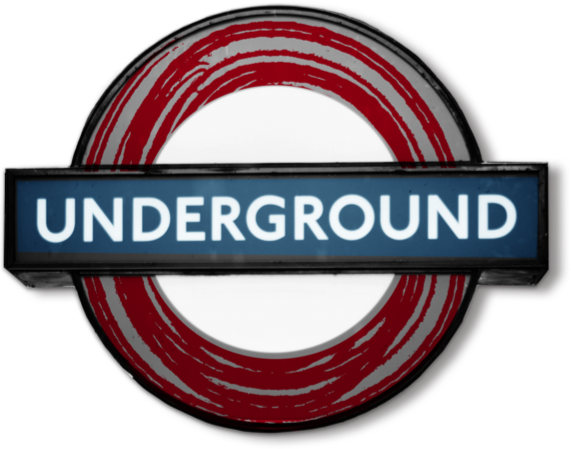In the course of our work we speak to a wide range of interesting folk involved in the construction industry, whether that’s our clients or those we’re interviewing as part of research.
Over the last twelve months we’ve chewed the fat with some of the major manufacturers such as Polypipe, JELD-WEN and Etex Group, as well as distributors and those in businesses across the value chain such as Mace, Kier, Arup, Jacobs, Wilmott Dixon and Aecom.
That means as a whole we have a pretty enviable view of opinions within the construction sector. That’s especially important given we’re witnessing a period of pretty fundamental upheaval on a number of fronts.
Whilst we clearly can’t – and wouldn’t – share anything specific to a particular business or sector, we thought it would be useful to lay out some of the broad trends and themes that have been most prevalent across our research work over the past year.
Sustainability changes are coming at us fast
The inclusion of the topic itself is not likely to come as a surprise to many, but the pace of change we’re seeing around the issue of sustainability is one worth highlighting. This doesn’t just mean doing right by the environment, by the way – most businesses have now developed a more sophisticated and holistic view of the matter that also gives full consideration to the social and economic aspects of sustainability too.
In the last twelve months alone we’ve seen a noticeable change in the urgency and importance given to the subject during our discussions. In some cases, the sustainability credentials of products and services can be as important as technical performance – creating a more complex specification and purchase process.
However that’s not to say that we’re seeing more ESG teams involved directly in supplier selection – in many cases they’re more likely to play a hands-off but no less critical role by setting sustainability criteria that must be adhered to by those working on project designs and procurement.

Most want help with regulatory compliance
A steadily growing theme in recent years, the shift in rules and responsibilities heralded by the Building Safety Act has brought the need for support in meeting regulations into sharp focus. This is only likely to become more acute as the final elements of the Act come into force, including the Building Safety Regulator starting to issue Building Assessment Certificates.
In fact this was the most consistently stated need across all of the research we undertook in 2023, regardless of the role of the interviewee or which element of the construction industry we were exploring. Greater responsibility and accountability placed on those designing and constructing the built environment means they are seeking more support from their supply chain, and in particular product manufacturers. Which in turn means those suppliers who can offer superior support and technical assurance are likely to be in greater and greater demand.
But this isn’t being driven only by the Hackitt report and the Building Safety Act, it’s also linked to the other two topics we raise here – sustainability requirements are becoming more complex to fulfil whilst challenges in bringing enough new blood into the industry makes it more difficult to find the right technical talent.

Mind the skills gap
While there’s been a definite supplier:specifier/contractor dynamic to the two topics we’ve covered above, the skills gap is one that impacts everyone in the industry equally. Skilled people are needed at every stage but in many cases they just aren’t available. Which as well as efforts to increase the numbers of people coming into the construction industry, also means adapting to get the job done without them in the meantime.
Developing products that can be installed properly and safely without specialised skills are important in achieving this – helping projects to continue and complete on schedule in the face of skills shortages. While at the design stage, manufacturers that offer good support in those interrelated areas of sustainability and regulatory compliance will find themselves in demand where those skills are no longer available in-house.




